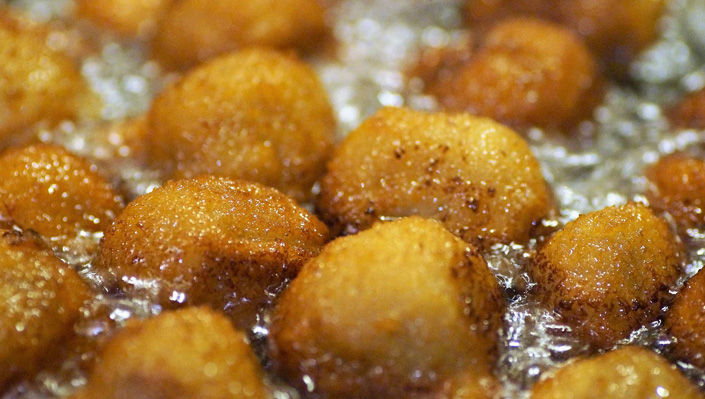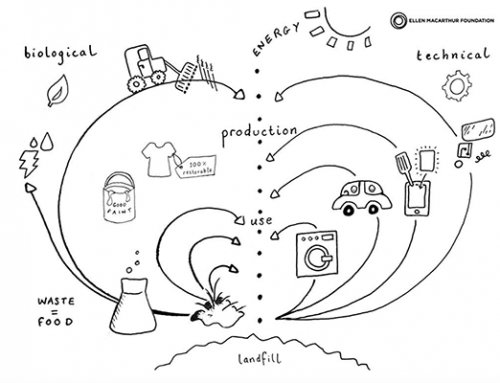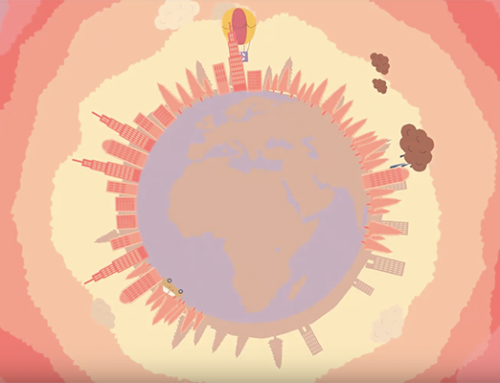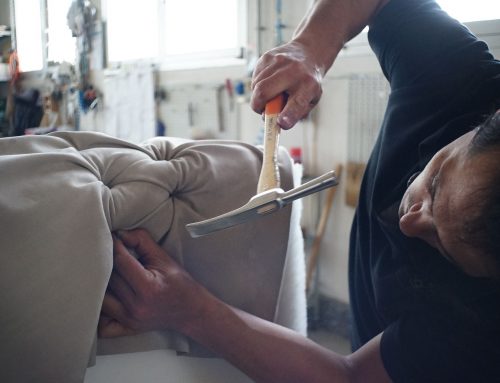Eating fried food is one of the guilty pleasures for many of us. Wetting the bread in the juice of the salad is another one. We can continue for quite long mentioning all the occasions the use of oil in the kitchen gives our food a richer flavor. When the pleasure is over, the boring part of cleaning the kitchen follows. And oil is a tricky thing. Many of us have probably heard that we shouldn’t throw it in the sink or that we should first collect it in a plastic bottle and then throw it in the rubbish bin or that we can use it as a fertilizer for the plants or that we should recycle it. There are plus’ and con’s in any of these cases. One thing is for sure though: the context should be always taken into consideration.
When at work…
Do you work at a restaurant, a cafe, a cantine or a catering services provider? Do you work at a company which provides one of the above for the employees? Check what they do with the cooked oil. There are many entities that are collecting cooked oil for free in order to turn it into biofuel. Why not asking your company to leverage this service? It takes almost no effort from your side. It costs nothing to the company. And it has a bunch of benefits that the company could even use for positive PR, like:
- contributing to a cleaner environment
- saving natural resources since biofuel is replacing fossil fuels
- limiting CO2 emissions
- limiting the amount of rubbish ending up in the landfills
- contributing to the creation of new jobs in a new industry with no cost for the company itself
When at home…
Every time you use oil in the kitchen you can choose to recycle it using one of the nearby pick-up places. It’s good to know that companies that are collecting cooked oil to turn it into biofuel are not collaborating only with restaurants but also with supermarkets, gas stations, or even have recycling bins on the streets like for any other material that can be recycled. Add this new habit in your routine. There are plenty of benefits in doing it, like:
- you give the good example
- you create less rubbish and less CO2 emissions
- your help people get a job, since more positions open in the waste management industry
- you keep the environment cleaner and help our society to transition from fossil fuels to alternative sources of energy
Our team is particularly active in the 3 countries below, therefore if you want to know more about where and how you can recycle cooked oil, we already know you can check these sources out:
- the Netherlands: Rotie and Frituurvetrecyclehet
- Italy: Consorzio Nazionale Oli Minerali Usati
- Greece: Revive and AB Vasilopoulos
Didn’t we cover the country you reside? Please share any information you might have, we are happy to include it.
Now, if you want to learn more about the ways someone can deal with getting rid of the oil from his/her kitchen, check below:
- clogging the pipes in your house, not only in the kitchen but also in the bathroom or anywhere else you use water resulting in you paying much more money in chemicals to clean them (many of which will actually burn them therefore you will have to call the plumper and perhaps replace the whole system) to:
- overflooded manholes and disgusting greasy dirtiness wherever you walk in the town because the central system can be clogged as well to:
- the ineffectiveness of the biological cleaning of the towns´dirty waters before they end up in the see because the microorganisms who are supposed to clean the water die out of suffocation (fat creates a layer on top of the water which doesn’t allow to the bacteria used in the biological cleaning to breathe and therefore they die) to:
- the eventual dumping of this dirt in the open water.
Seriously, this solution is not a solution. It’s only a problem creator and it’s something even plumpers say it´s so easy to avoid. Instead, let your pans cool down. Collect the oil in a deposit and wipe the rest which is stuck on the pan with a paper. For more information on the topic start from here or here.



![Ecosia it! [4min. reading time]](https://www.habits.ninja/wp-content/uploads/ecosia-logo-500x383.png)











